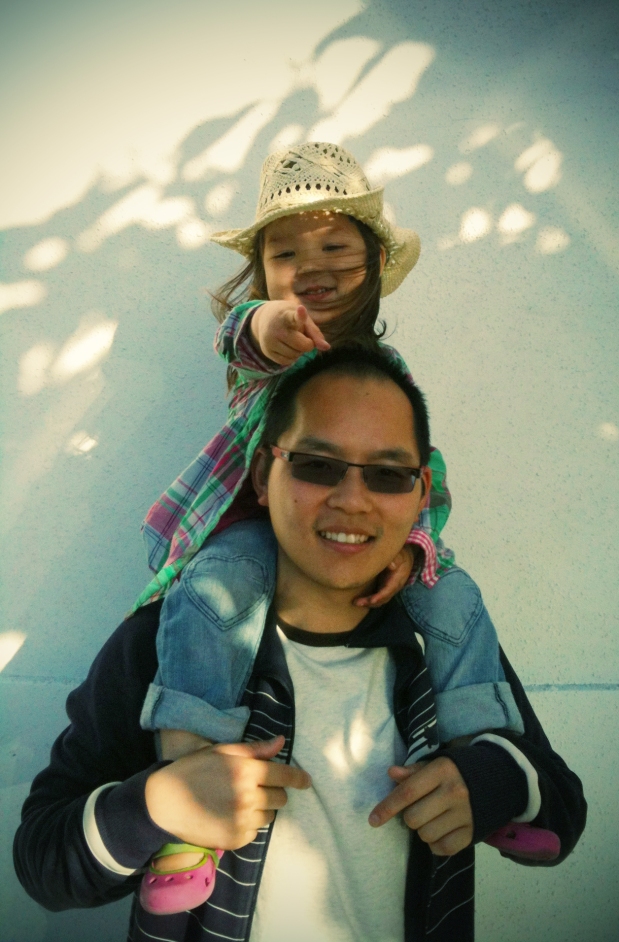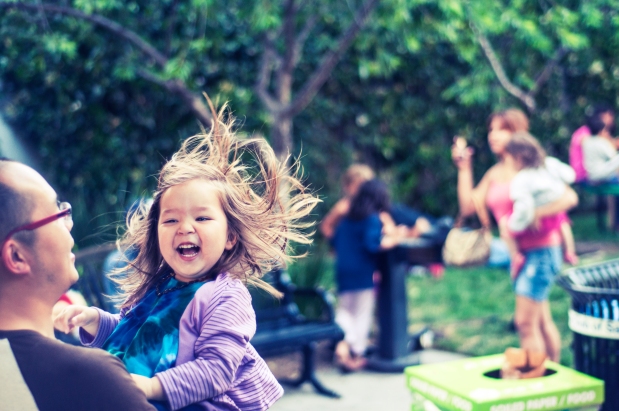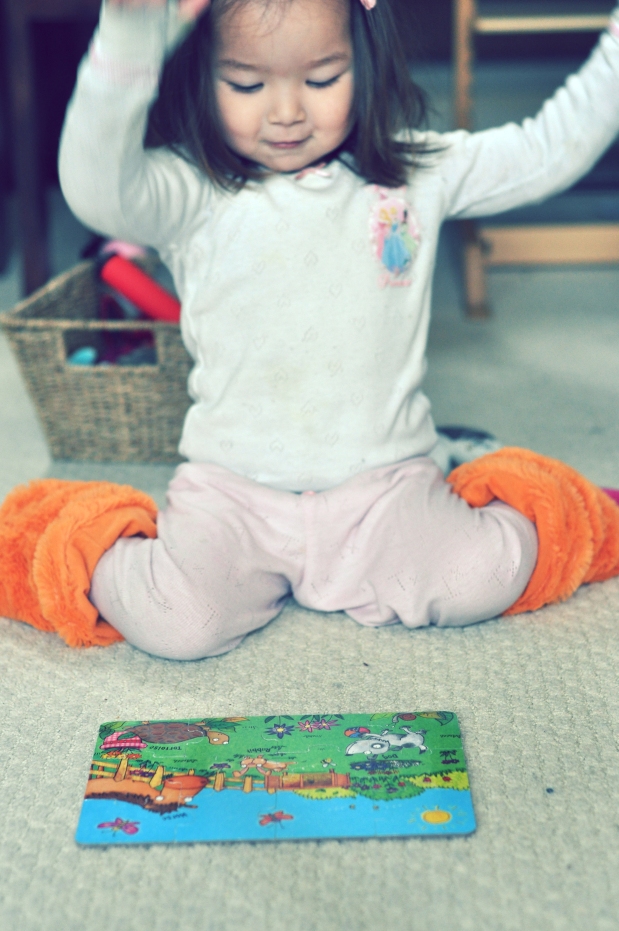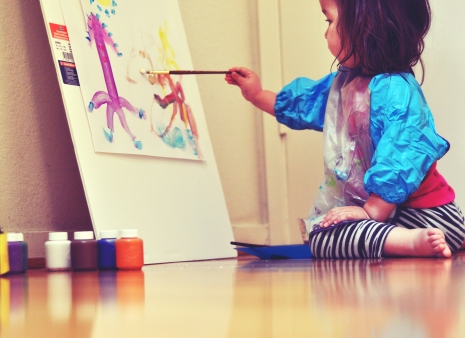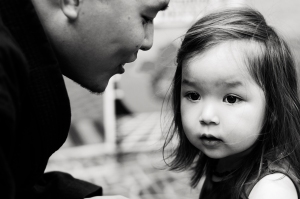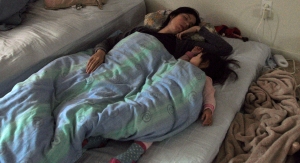Specially in the run up to crazy holidays 😳, it can be easy to get so focussed on your to-do list that the kids end up taking a kind of a back-seat. (It can feel like: ‘Just wait there for 24 days, while I plan one fabulous day at the end of it all’ :p )
Remember: less connection time —> leads to a build up of tension and upset —> which comes out as an increase in meltdowns and/or nutty, tense, off-track behaviour.
Here are some simple fixes to improve holiday parent-kid connection (and hence kid behaviour).
It basically comes down to… filling their love and laughter ‘buckets’ as much as possible and making sure you help them empty out their ‘stress bucket’ as much and as often as needed. To do this…
1) Keep on checking-in. Have they met their ‘giggle quota’, for the day? Kids NEED loving, connected, giggle-fueled play, every day (natural, free flowing laughter that is not mechanically-triggered by tickling, of course :) ). Take 5 minutes out for some ‘bucking bronco’, a good old fashioned pillow fight or some other silly tom-foolery that is proven to get you laughing together with your kids. :D
2) Kids need to FEEL heard and seen in a love-in-action kind of a way. If they are telling you something that is important to them… ‘shut up and listen’. :p Put down your phone/important future Pinterest-star craft/vegetable prepping and just tune-in to them and what they are saying to you, in that moment.
3) If the tension has built up for them (as it does for all of us, at this time of year), remember that crying is not the problem; crying is the healing. Crying and tantruming are ways kids let the ‘steam’ and tension out. If you can stay with them and listen while they cry or rage or otherwise vent about how hard it is when everyone is sooooo busy and stressed and focussed elsewhere – they can feel loved despite and through these tricky feelings. They can know there is stress AND they are loved. Letting the ‘bad’ feelings out is one of the fastest ways to help them return to their sunniest, happiest, most relaxed and cooperative place. ;)
These are the ways kids FEEL loved: PLAY, feeling someone is LISTENING to them, TIME spent centred on them. Play, listening, time…
4) If any or all of this is sounding like toooo much for you to deliver right now (and boy I know that feeling)… first, BREATHE. Then, consider that YOU may need some good, connected listening for yourself, right now. You may need to get some of YOUR stress and tension out. If you don’t already have a Listening Partnership, consider setting one up. If that is impractical right now, at the very least, tune-in to your feelings and acknowledge that you are overwhelmed or just a bit overstretched emotionally – and take time to talk to a trusted, supportive friend or journal or take a walk nature. What re-fills YOUR cup?
— — —
Do I do manage to stay perfectly calm and connected to my kids ALL the time? Sadly, no. We all know, 90% of connection-based parenting is preventative! But these are some of the touchstones I come back to, kind of like parenting-first-aid: quick fixes when our relationship is far off track and I need to get back to connection, fast.
Further reading for the season:
– Aha Parenting reminding us we don’t have to be perfect parents to enjoy a fantastic holiday.
– ‘Standing Your Ground as a Parent’ by Genevieve Simperingham of The Way of the Peaceful Parent
– Hand in Hand Parenting’s “It’s not fair” – coping when your child complains over the holidays”

